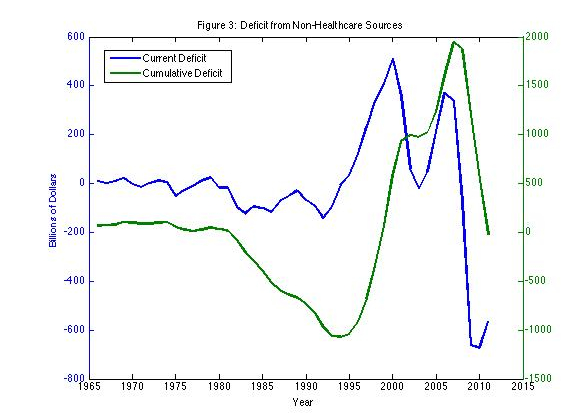No Matter What They Actually Say, the Public Trusts Private Corporations More Than Government, And I Can Prove It
As a libertarian, I find myself constantly saying to folks something like: "private actors (corporations, businesses, individuals, etc. are inherently more trustworthy than government because they cannot legally interact with you through force or fraud -- the government is free to do both. If you don't like what a private actor is doing, you can simply refuse to interact with them further, an ability one does not have with the government." This seems like such an obvious point but few people, particularly on the Left, will ever agree with me. But I have recent proof that in their hearts, most people understand this perfectly.
What is my proof? The universal, bipartisan freakout over the man who was dragged off by force from a United flight. People are focusing on this event for the very fact that this example of a private company deploying force against its customers is so incredibly rare. The Internet is filled with similar or in fact much worse examples of the government abusing its authority -- false arrests, petty harassment, asset seizures without due process -- but people just yawn and these videos gets 236 views vs. millions for the United video. Because, presumably, people have come to expect such abuses from the government but not from private companies.
And to a large extent, this particular example of private violence is the exception that will prove the rule. Because United is going to experience real accountability. It is already getting a firestorm of bad press that will cost them current and future business. They will face lawsuits and possible government action. But the average police officer or government official (or VA or IRS administrator) who abuses their power retain their jobs for life with no negative consequences from their actions. Also, we should note that it was a government agent in this case who was the one who actually used force and dragged the passenger off, not a private United employee. Almost every time one looks deeply at an abuse by private companies, at the end of the day that company is enabled or protected in doing so by so some sort of crony relationship with the government.
So I suppose we should ask, if people really in their hearts understand that private "power" is much less menacing than government power, why do they still support increasing the power of government over private actors? And the answer must be that they believe (or hope, or expect) that use of this government power will achieve some end they want that they cannot achieve without force. The problem with this of course is that it is naive -- it assumes that once you give great power to the government, government employees will use this power in the way you would use it, for the same goals and ends. But this is seldom the case, certainly over the long haul. I argued for years that the Left under the Obama administration was supporting Presidential power on the assumption they would hold the White House forever and thus get to wield all this power. Which is why, I suppose, there has been so much freakout over Donald Trump's victory.
Postscript: Here is an example video of government brutality just from my news feed today. It will get no real traction because everyone has come to expect the government to act in this manner.
